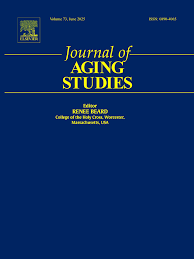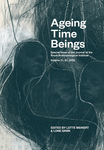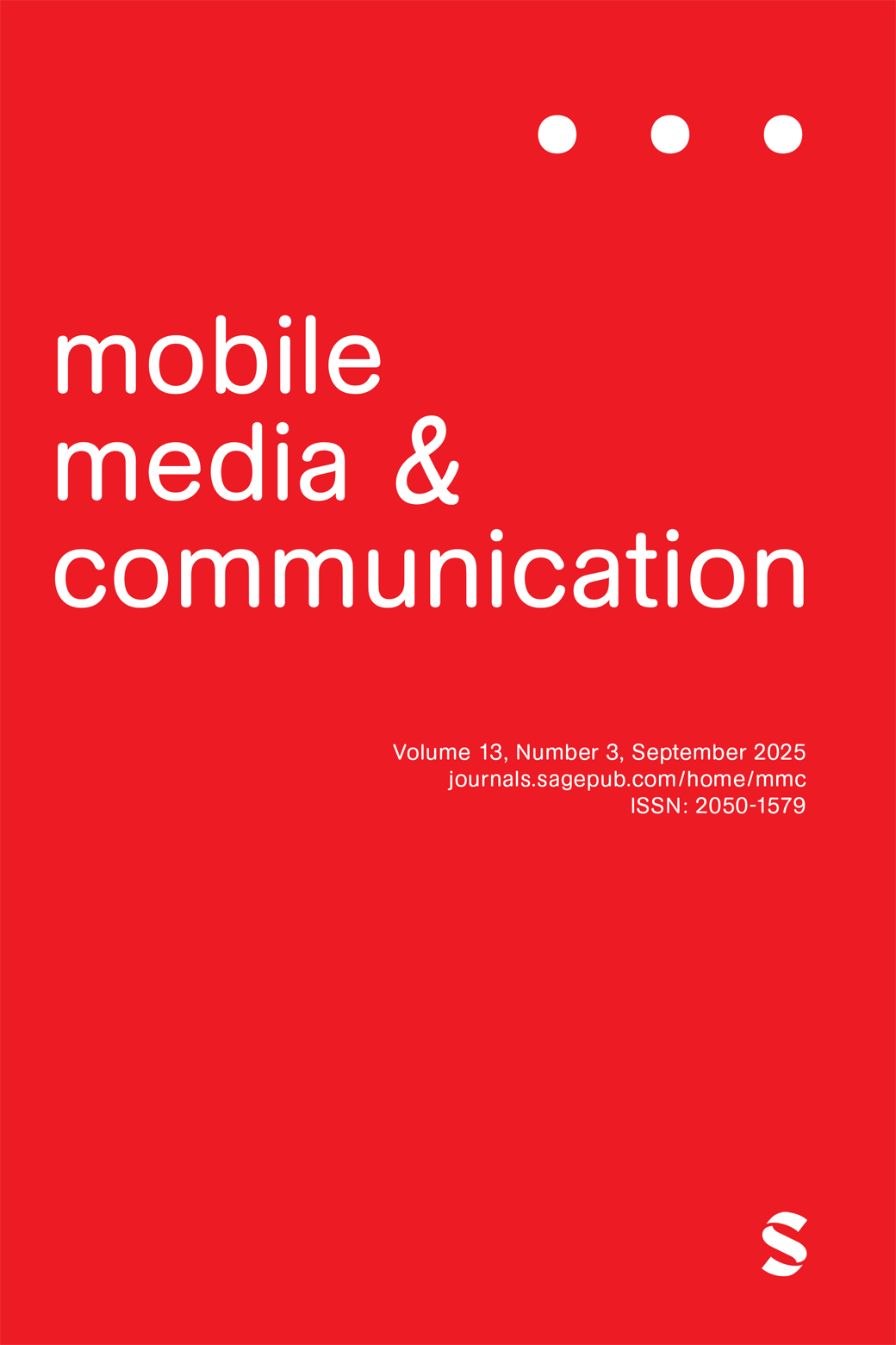network menu

Barbara Pieta
Cristina Douglas
Matthew Lariviere
Maria D. Vesperi
Publisher: Elsevier
The special issue on ethical challenges in ethnographic research involving cognitively impaired older adults has now been finalized and published by Elsevier (Journal of Aging Studies). We hope it will be a valuable resource for ethnographers preparing for – or already conducting – ethnographic fieldwork which involves older adults living with dementia or other cognitively impairing conditions. It will also be of interest to academic teachers who supervise gerontologically sensitive ethnographic research as well as to members of research governing bodies interested in improving ways ethics is “done”, taught and regulated.
We have brought together stories of ethnographers working in various countries and institutional contexts and thus also within various bureaucratic ethical regimes. On one hand, such a selection sensitizes the readers to the ways in which forms of ethics governance may both generate and overlook ethical tensions that researchers encounter before, during and after fieldwork with cognitively impaired older participants. On the other hand, this special issue offers new conceptual and methodological tools that will help researchers navigate ethical conundrums generated (or not predicted) by the regimes of research ethics within which their own research is situated.
To read the Editorial for Special Issue, click here (free access only until 11 October, please download and share before this date!): https://authors.elsevier.com/a/1lelz3AT7ieDj8. To read the remaining articles- if you do not have institutional access, please contact individual authors to obtain a preprint copy.
This special issue is a new initiative of the Ethics Lab – interdisciplinary research community and collaborative space where ethics of ethnographic dementia research is analytically attended to and debated rather than preformulated or imposed. More about the Ethics Lab of the EASA´s AGENET under this link: https://ageneteasa.wordpress.com/ethics-collective/.

Lone Grøn
Lotte Meinert
Publisher: Journal of the Royal Anthropological Institute
Proposing to understand humans as time beings, this special issue of the JRAI invites readers to explore the intricate relationship between ageing and time through particular experiences of ageing time beings. What can we learn about time and general anthropological theory by taking seriously experiences of ageing time beings from different places in the world? Drawing on ethnographic insights from Canada, Denmark, India, Japan, Kyrgyzstan, Uganda, and the USA, the collection challenges conventional representations of ageing by examining diverse modes of experiencing and measuring time. It probes how large-scale historical changes, institutional time regimes, intimate rhythms, and singular moments of lived experience intertwine to reveal the multiplicity – and inherent groundlessness – of temporal realities. By engaging with dominant narratives such as ‘active ageing’ and ‘filial piety’, as well as less conventional values and poetics of ageing and time, the issue foregrounds both the uncertainties and the possibilities of ‘the good’ that may emerge in later life.

Simone Carlo
Francesco Diodati
Smartphones are widely considered a more suitable tool for those who have recently come to the digital world, such as older people. Many scholars and experts promote the spread of mobile services among the older population in order to enhance the maintenance of independence and autonomy in late age. However, few qualitative studies have thoroughly investigated older adults’ tactical use of smartphones, especially in the postpandemic context of digital acceleration. This paper investigates the tactical use of mobile services among 40 individuals, both male and female, aged 65 to 80 in Lodi, Italy, the first COVID-19 “Red Zone” in Europe. The study seeks to examine how mobile phone narratives in postpandemic settings reflect cultural models of active ageing; the dynamics of resistance, rejection, and adaptation regarding older individuals’ engagement with digital services; and the influence of social relationships in facilitating local access to predominantly digital and mobile-first public services. We argue that a tactical nonuse of mobile services emerges in narratives that, instead of reproducing a linear and homogeneous understanding of active ageing, challenge a binary opposition between users and nonusers of information and computer technologies (ICTs) in late age.
